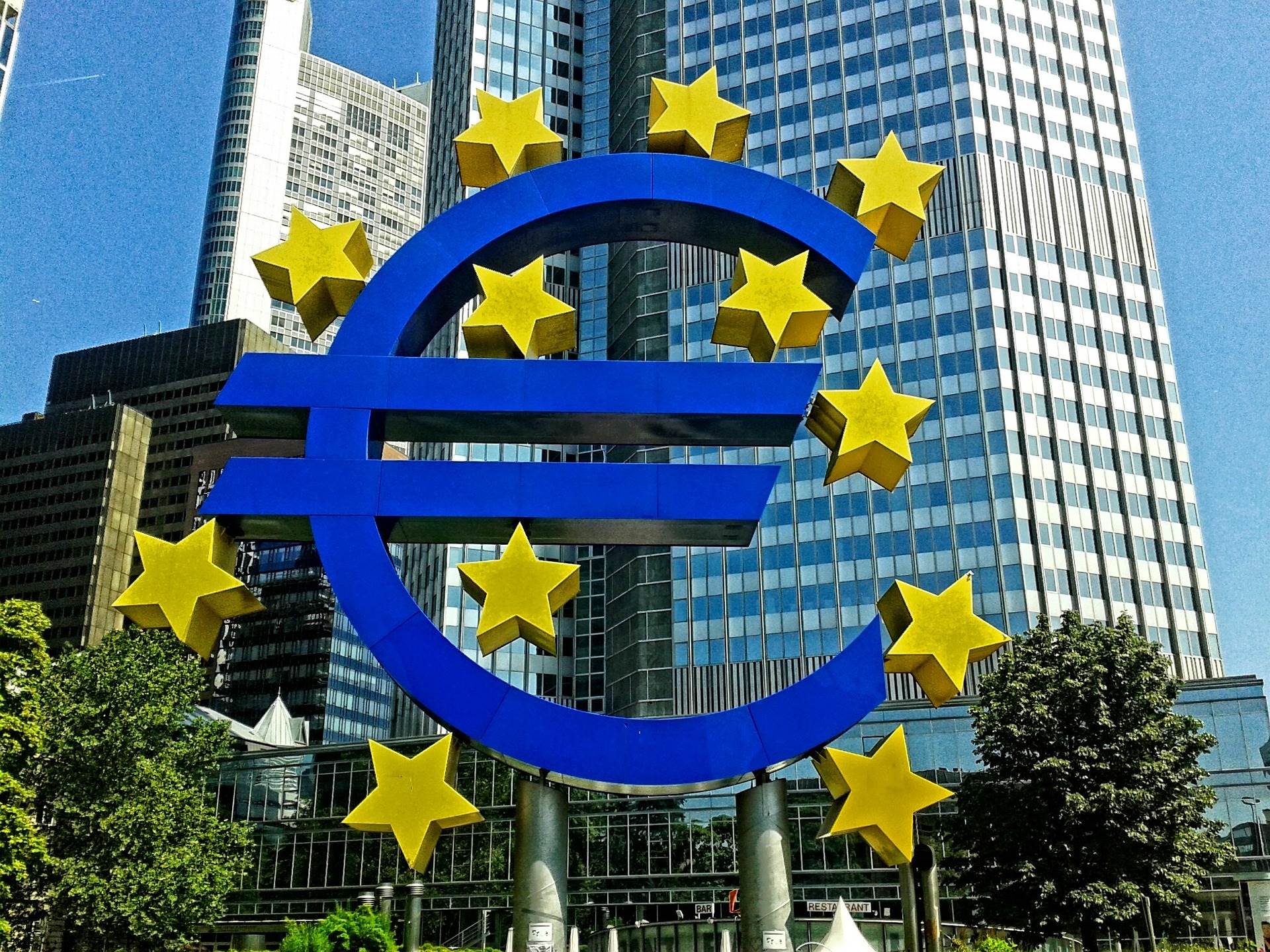 Despite being a contested decision, the European Union leaders decided to nominate the International Monetary Fund director Christine Lagard to succeed the European Central Bank head Mario Draghi at the end of October this year. The group reached the decision after three days deliberating about an option that caused a lot of disagreement, especially from the socialist and green bloc which rejected it immediately.
Despite being a contested decision, the European Union leaders decided to nominate the International Monetary Fund director Christine Lagard to succeed the European Central Bank head Mario Draghi at the end of October this year. The group reached the decision after three days deliberating about an option that caused a lot of disagreement, especially from the socialist and green bloc which rejected it immediately.
Lagarde, who is now in the race for the most important post of the European Central Bank, has been the head of the International Monetary Fund from 2011 and is considered one of the most powerful women in the world.
This choice was being heavily contested, showing a fractured Europe that is currently threatened by the surge of populist parties.
The French lawyer, who is considered a successful politician, would face a weakening economic growth, low inflationary levels, increasing global trade tensions and a limited room for maneuver, as the interest rates are currently at a historical minimum.
Some consider she is the right choice since she has pretty solid credentials, having headed one of the most powerful institutions in the world.
“Christine Lagarde will ... be a perfect president of the European Central Bank,” said the president of the European Council, Donald Tusk, “I am absolutely sure that she will be a very independent president ...” he added.
However, some are quite skeptical about her background, noting her lack of experience working in financial markets.
“ Lagarde's lack of direct experience of working in financial markets is also notable and could be relevant if Europe heads into recession,” said an economist at Harvard Kennedy School.
She is expected to take a more pragmatic stance, compared to other possible rivals like the Bundesbank chairman Jens Weidmann (who may be nominated soon), who is expected to oppose her from the ECB governing council.
The ECB head Mario Draghi’s term is set to expire on October 31.
